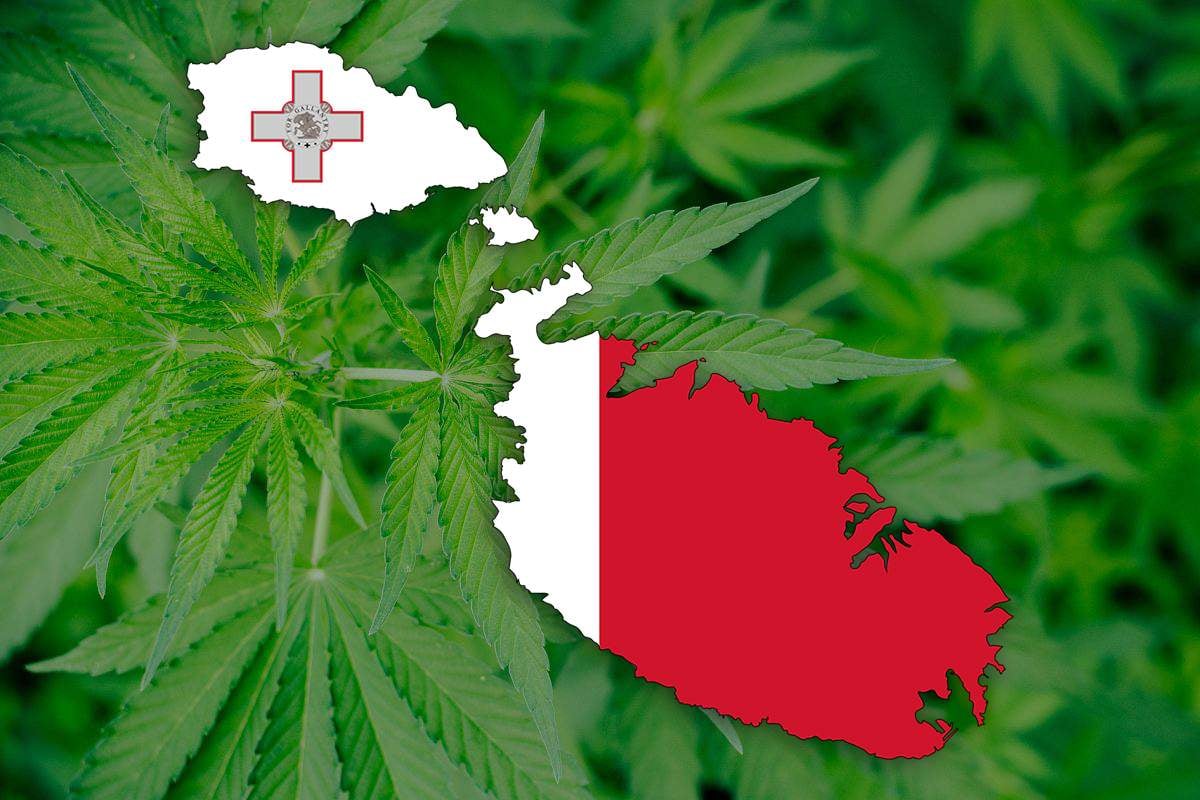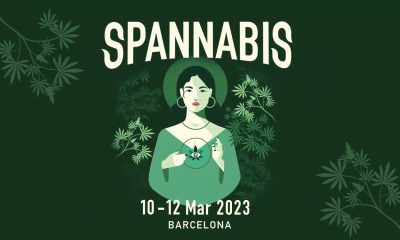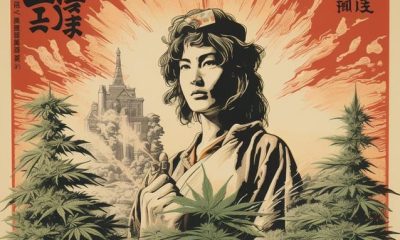Malta published a new regulation for the creation of cannabis associations in the country at the beginning of March. The new regulation came about 15 months after the Maltese government legalized the adult use of cannabis, with the Authority for the Responsible Use of Cannabis (ARUC) started to accept registration requests at the end of February. Membership fees have been reduced from €8.750 to €1.000 for small associations (up to 50 members), but larger associations (from 351 to 500 members) will have to pay an annual fee of €26.000.
Associations are still limited to a maximum of 500 members and Maltese citizens prohibited from joining more than one association at a time. In addition, associations will be required to contribute 5% of their annual income to a harm reduction fund and 10% of their accumulated income to a community projects fund, both of which are managed by ARUC. Those selling cannabis to non-members or minors will be fined up to €10.000.
Malta's requirements for creating a cannabis association
Regardless of size, all associations must keep detailed records of each cannabis cultivation cycle and submit a quarterly report to ARUC, detailing their number of members, cannabis sold and cash flow. The law establishes that ARUC “may” operate a centralized digital data collection and tracking system, in what appears to be a reduced ambition.
Associations must also maintain a membership register that includes all personal data, without any specific privacy or security requirements. Furthermore, founders must have lived in Malta for at least five years to set up an association and anyone convicted of serious crimes or drug-related offenses in the previous 10 years cannot set up or work for an association.
ARUC inspectors will carry out site inspections or audits and violators of the rules will face a range of sanctions including warnings, specific stop orders, fines and even the revocation of their permit. Fines for infringements range from €1.000 (for failing to submit a quarterly report or maintain an adequate list of members) to €10.000 (for more serious infringements, such as selling cannabis that is not labeled or improperly packaged).
ReLeaf Malta, an NGO that has been at the forefront of cannabis regulation in the country, has criticized the new regulations for not giving small producers enough leeway to set up operations and grow cannabis in tents, potentially leading them into the illicit market that the government is trying to eradicate.










































